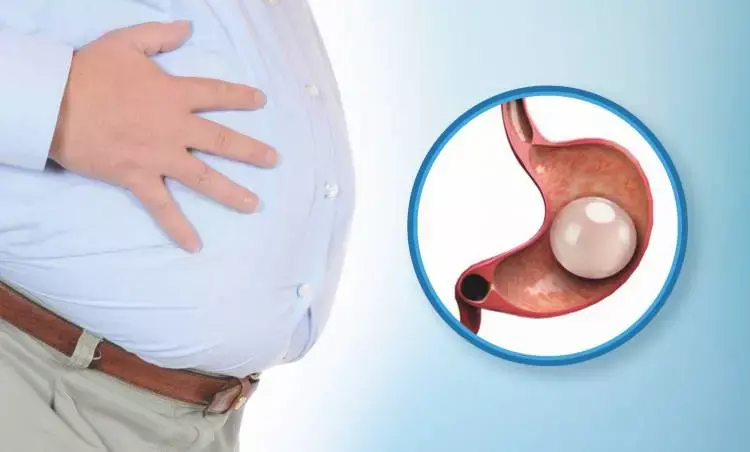- Home
- Medical news & Guidelines
- Anesthesiology
- Cardiology and CTVS
- Critical Care
- Dentistry
- Dermatology
- Diabetes and Endocrinology
- ENT
- Gastroenterology
- Medicine
- Nephrology
- Neurology
- Obstretics-Gynaecology
- Oncology
- Ophthalmology
- Orthopaedics
- Pediatrics-Neonatology
- Psychiatry
- Pulmonology
- Radiology
- Surgery
- Urology
- Laboratory Medicine
- Diet
- Nursing
- Paramedical
- Physiotherapy
- Health news
- Fact Check
- Bone Health Fact Check
- Brain Health Fact Check
- Cancer Related Fact Check
- Child Care Fact Check
- Dental and oral health fact check
- Diabetes and metabolic health fact check
- Diet and Nutrition Fact Check
- Eye and ENT Care Fact Check
- Fitness fact check
- Gut health fact check
- Heart health fact check
- Kidney health fact check
- Medical education fact check
- Men's health fact check
- Respiratory fact check
- Skin and hair care fact check
- Vaccine and Immunization fact check
- Women's health fact check
- AYUSH
- State News
- Andaman and Nicobar Islands
- Andhra Pradesh
- Arunachal Pradesh
- Assam
- Bihar
- Chandigarh
- Chattisgarh
- Dadra and Nagar Haveli
- Daman and Diu
- Delhi
- Goa
- Gujarat
- Haryana
- Himachal Pradesh
- Jammu & Kashmir
- Jharkhand
- Karnataka
- Kerala
- Ladakh
- Lakshadweep
- Madhya Pradesh
- Maharashtra
- Manipur
- Meghalaya
- Mizoram
- Nagaland
- Odisha
- Puducherry
- Punjab
- Rajasthan
- Sikkim
- Tamil Nadu
- Telangana
- Tripura
- Uttar Pradesh
- Uttrakhand
- West Bengal
- Medical Education
- Industry
Intragastric balloons With Lifestyle Modification lead to significant Weight Loss: Lancet

Several strategies are available to address the obesity epidemic and range from noninvasive lifestyle interventions to medications and bariatric surgical procedures.
In a recent study, researchers have found that adjustable intragastric balloons combined with lifestyle modification help to achieve weight loss and maintain it for 6 months following removal. The study findings were published in the journal The Lancet on November 15, 2021.
Intragastric balloons are anatomy-preserving, minimally invasive obesity therapies. Enhanced tolerance and durability could help broaden clinical adoption. Enhancing its tolerance and durability could help broaden clinical adoption. Therefore, Prof Barham K Abu Dayyeh, MD and his team investigated the safety and efficacy of an adjustable intragastric balloon (aIGB) in adults with obesity.
It was a prospective, multicentre, open-label, randomized clinical trial done at seven US sites. The researchers included a total of 288 patients with obesity and randomized them to aIGB (n=187 [65%]) with a lifestyle intervention group and with lifestyle intervention alone (n=101 [35%]) group (control group). They determined balloon volume could be increased to facilitate weight loss or decreased for tolerability. The primary endpoints of the study were mean percentage total body weight loss and responder rate (≥5% total body weight loss) at 32 weeks. The researchers used a multiple imputed intention-to-treat population analysis.
Key Findings of the Study were:
- By the end of 32 weeks, the researchers observed that the mean total body weight loss was 15·0% in the aIGB group and 3·3% in the control group.
- They also observed clinical response in 171 (92%) patients in the aIGB group.
- They made adjustments to the aIGB in 145 (80%) patients for weight loss plateau or intolerance.
- After adjustments, they noted that upward volume adjustment facilitated an additional mean of 5·2% total body weight loss.
- They further noted downward volume adjustment allowed 21 (75%) patients in the aIGB group to complete the full duration of therapy.
- They reported that intolerance caused early removal of the device in 31 (17%) patients.
- They observed no micronutrient deficiencies in the aIGB cohort.
- They reported seven device-related serious adverse events without any deaths.
The authors concluded, "When aIGB was combined with lifestyle modification, significant weight loss was achieved and maintained for 6 months following removal. Balloon volume adjustability permitted individualized therapy, maximising weight loss and tolerance."
For further information:
Medical Dialogues Bureau consists of a team of passionate medical/scientific writers, led by doctors and healthcare researchers. Our team efforts to bring you updated and timely news about the important happenings of the medical and healthcare sector. Our editorial team can be reached at editorial@medicaldialogues.in.
Dr Kamal Kant Kohli-MBBS, DTCD- a chest specialist with more than 30 years of practice and a flair for writing clinical articles, Dr Kamal Kant Kohli joined Medical Dialogues as a Chief Editor of Medical News. Besides writing articles, as an editor, he proofreads and verifies all the medical content published on Medical Dialogues including those coming from journals, studies,medical conferences,guidelines etc. Email: drkohli@medicaldialogues.in. Contact no. 011-43720751


